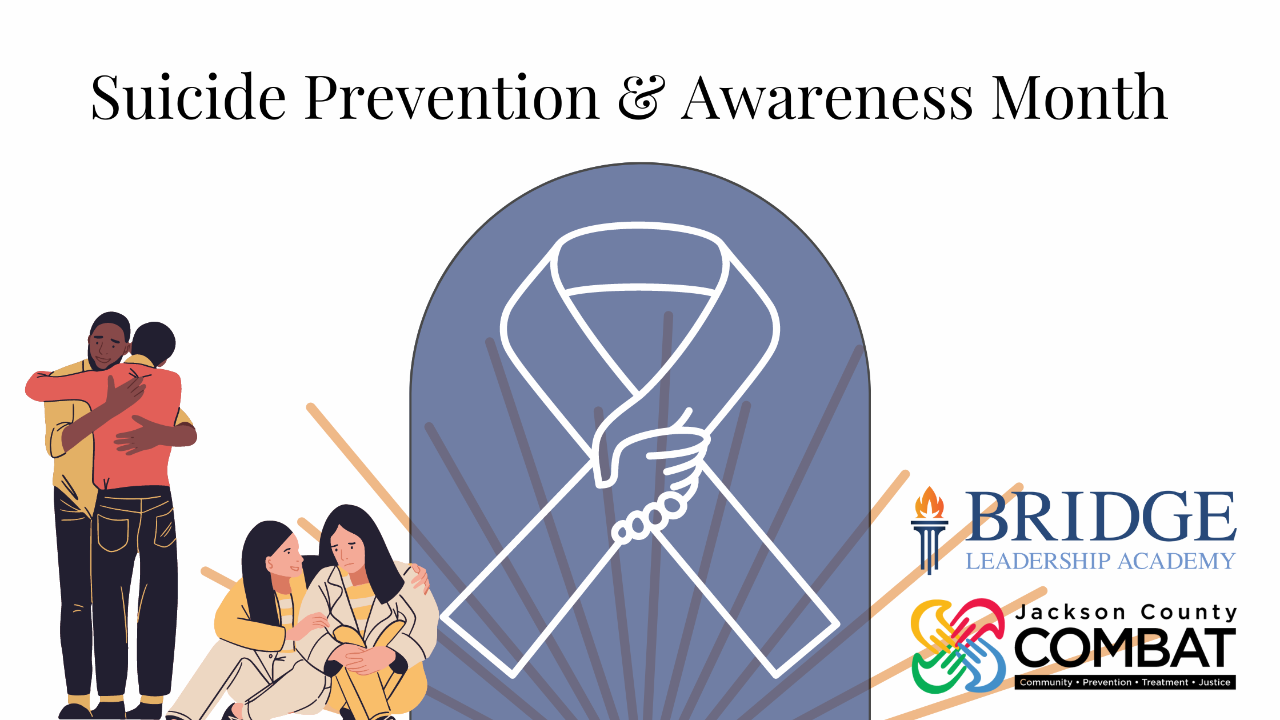Suicide Prevention and Awareness Month
Sep 25, 2022
If you’re thinking about suicide, are worried about a friend or loved one, or would like emotional support, the Lifeline network is available 24/7 across the United States.
CALL 988
988 Suicide & Crisis Lifeline
Chat with someone online: https://988lifeline.org/talk-to-someone-now/
It’s September, which means it is also Suicide Prevention and Awareness Month. While suicide might be seen as a taboo topic, it is extremely important to talk about how suicide affects people regardless of age, gender or background. Doing so is the first step to shifting the negative perception around suicide and mental health conditions.
Who Is At Risk For Suicide?
According to the CDC, “46% of people who die by suicide had a known mental health condition.” However there are other factors besides mental health that can contribute to someone’s risk of suicide including age, race, gender, sexual orientation, etc. “Although more women than men attempt suicide, men are 4x more likely to die by suicide (SAMHSA).” White, and Indigenous American men have the highest rates of suicide compared to their non-white or non-Indigenous peers. Members of the LGBT+ community have also been shown to be at higher risk for suicide and self-harm than their straight peers.
Aside from social factors, there are also economic and personal historical factors that can put someone at increased risk for suicide. This includes a family history of suicide, substance abuse, chronic illness, a history of trauma or abuse, veteran status, financial status, etc.
What Are The Warning Signs?
If you are concerned that someone you know might be at risk for suicide, learn to keep an eye out for these signs.
- Increased alcohol and drug use
- Aggressive behavior
- Withdrawal from friends, family and community
- Dramatic mood swings (feelings of depression, hopelessness, being trapped)
- Impulsive or reckless behavior
- Frequent talk of death or dying
- Giving away possessions
What To Do If Someone You Know Is Expressing Suicidal Ideation?
- Talk openly and honestly. Listen without judgment and offer advice if asked for it. Don’t be afraid to ask questions like: “Do you have a plan?” But do not make the person feel like they are being attacked or interrogated.
- Keep them safe. Remove any potential harmful items such as weapons or pills, stay with them and keep them company and keep the situation calm.
- Offer help with simple tasks such as calling their family or therapist, or encouraging them to seek professional help.
- Express support and concern, let the person know that they are not alone.
- Don’t argue, threaten or raise your voice
- Don’t debate whether suicide is right or wrong

